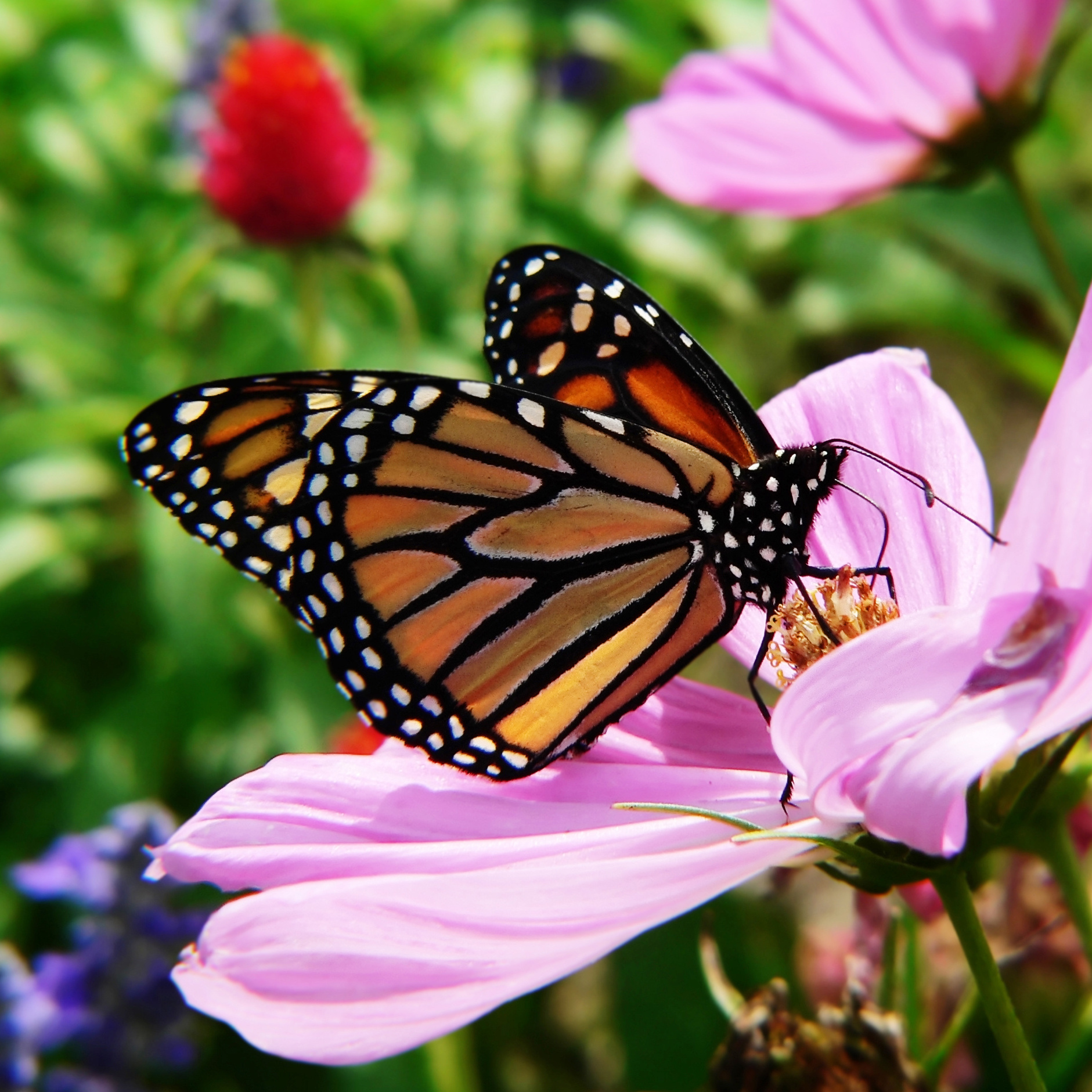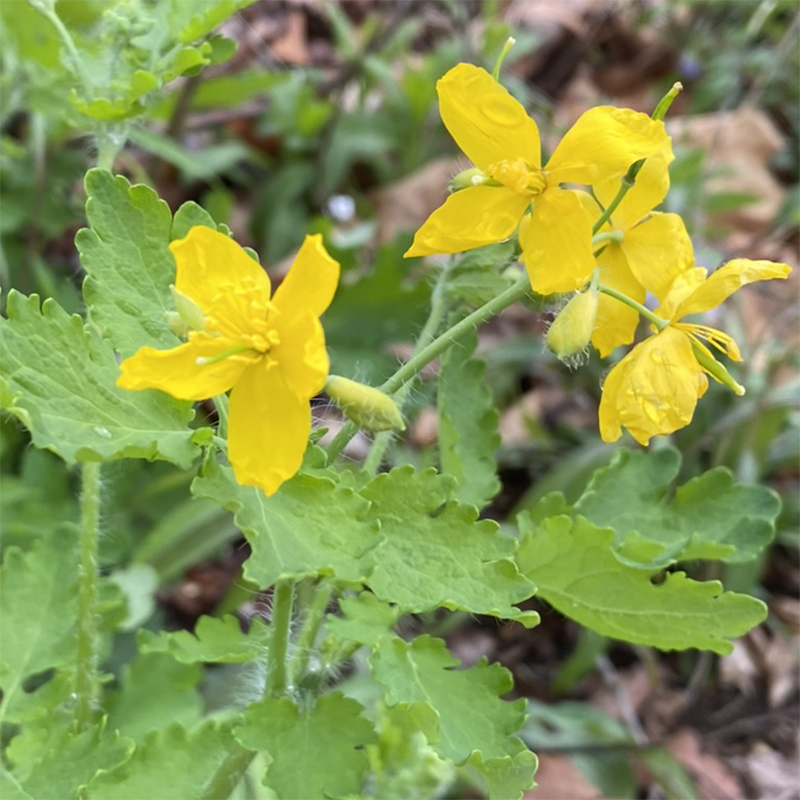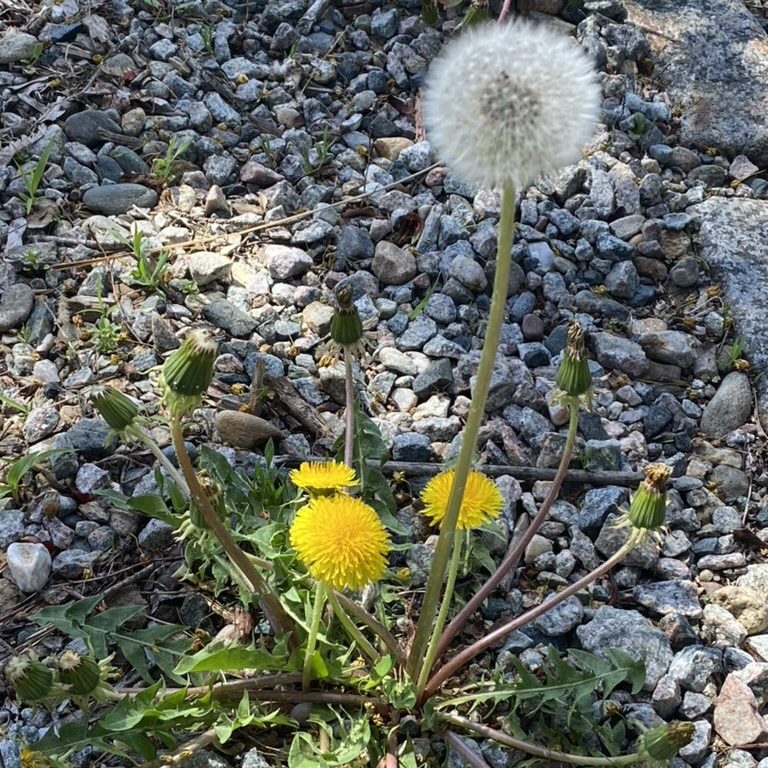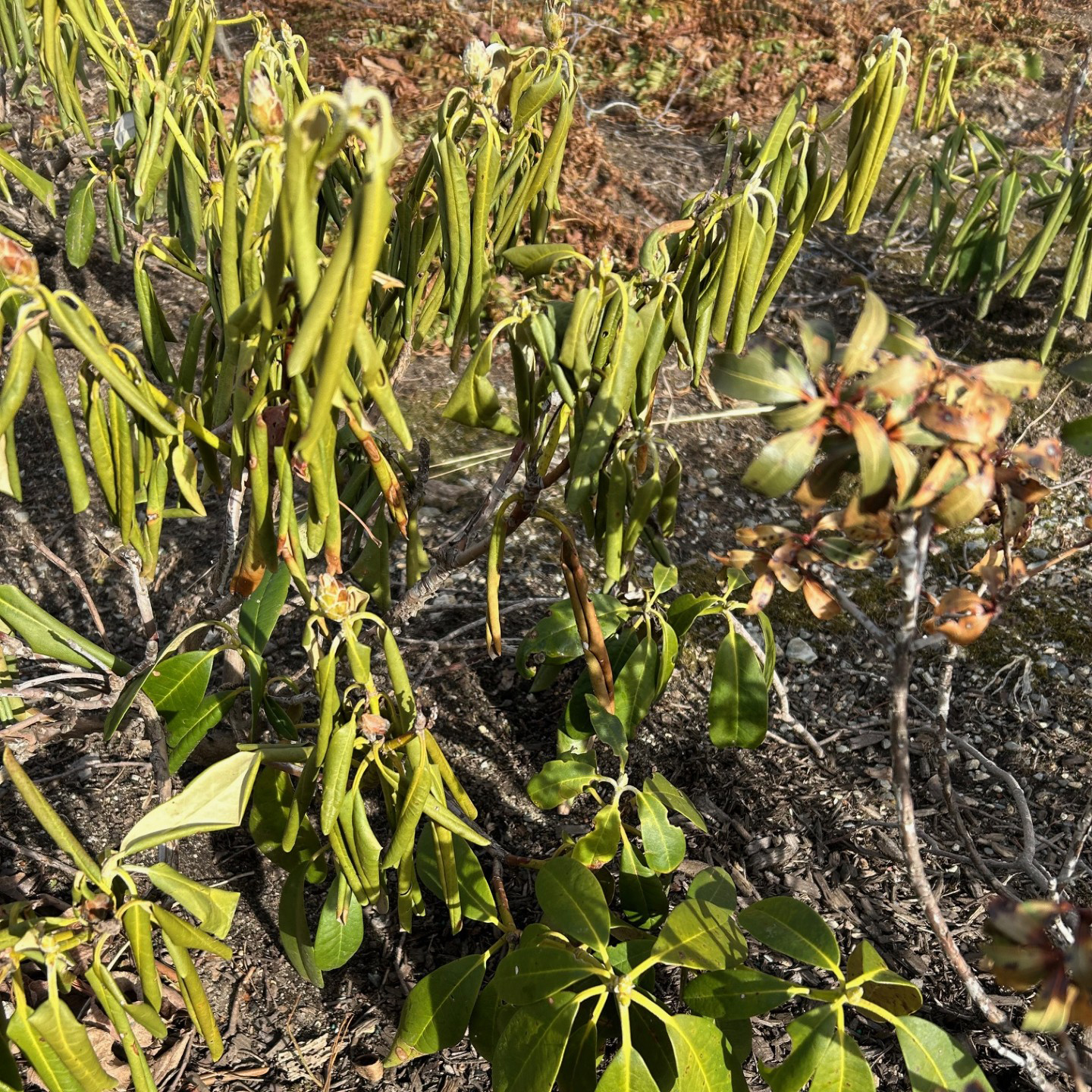
New Englanders are familiar with the extremes of winter weather- it’s in our very nature to persevere. As stewards of our landscape it’s important not to forget the plants in the yard, especially newly planted ones. They are just as susceptible to the stresses of Winter wildlife and weather.
When you think of winter weather you might assume that snow, wind, and ice cause the most damage to your plants, but it’s actually prolonged exposure to far less dramatic elements that take the largest toll. Cold, dry air can desiccate branches and leaves, and the sunlight glaring off of the snow can burn spots into broad-leafed evergreens, making your precious plants parched and crispy.
There’s quite a few things you can to to protect your landscape. For starters, water your plants really well right up until the ground actually freezes. Then apply an anti-dessicant like Wilt-Pruf to prevent moisture being sucked out of the leaf or needle by drying winds. Wrap your shrubs in burlap, leaving an opening at top, to shield them from the elements. Water well right up until the ground actually freezes. Hold off on pruning until Spring and then properly assess any winter breakage. And if you have salt damage from sidewalks or roads, apply a pelletized gypsum soil conditioner to the area to help the salt break down and percolate down through the ground.
But what about hungry wildlife, including rabbits, deer, and voles? The best tactic for keeping critters at bay is to use 3 or more methods and combine them in a continually rotating arsenal. Actual barriers are your first line of defense- it’s a good idea to invest in stakes and netting to keep larger mammals out. Add some sparkly ribbons or floating threads of fishing line to add a visual and tactile deterrent. Burlap and trunk wraps will prevent animals from nibbling the plant itself. Next try some different sensory repellents. There’s a wide variety available, all designed to give pesky wildlife the impression that something terrible and completely inedible lives in your yard. Shake-Away urine granules, Repels All, and Deer-Scram are all effective. Or go all out and invest in an electronic deterrent system, such as Yard Gard. Your plants are worth it!









